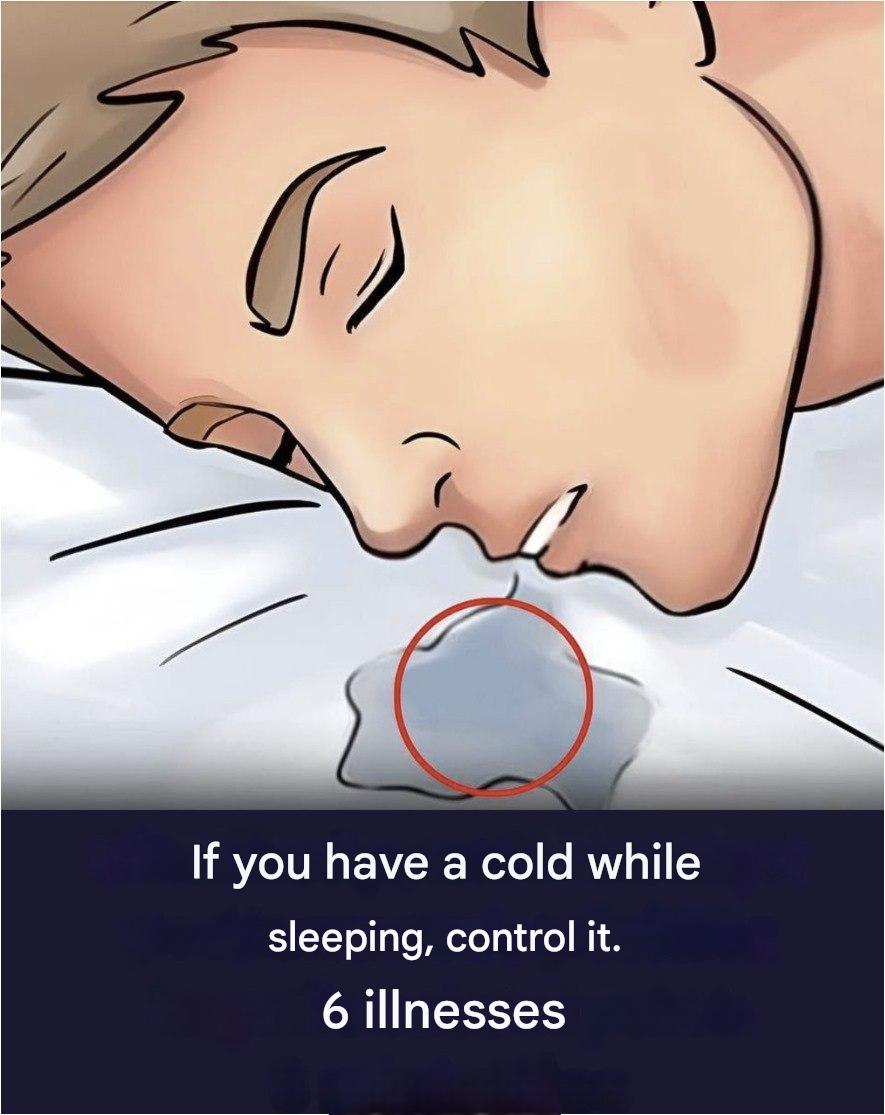Have you ever woken up to a damp spot on your pillowcase? That little trickle of nighttime saliva can make you smile… or shiver, especially when you’re out and about. Should you be concerned? Not necessarily. While often harmless, this phenomenon can reveal some surprising truths about your health. What if your body was trying to send you a message during the night?
Sleeping with your mouth open: a habit to watch out for
Do you sleep on your stomach or side? This is often the first explanation for those “humid” nights. In the side position, gravity promotes the flow of saliva, especially if the mouth is slightly open—a common phenomenon with stuffy noses (colds, seasonal allergies, etc.). Changing positions can improve the situation.
Drugs and salivation: a little-known side effect
Some medications can increase saliva production, including sedatives, antipsychotics, antibiotics, and even ibuprofen. This doesn’t mean you should stop taking the medication, but talking to your doctor may help you adjust your dose or consider other more tolerable options.
Sleep apnea, acid reflux, and ENT disorders: the underlying causes
continued on the next page

